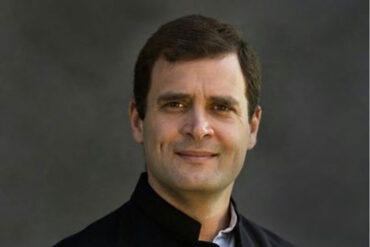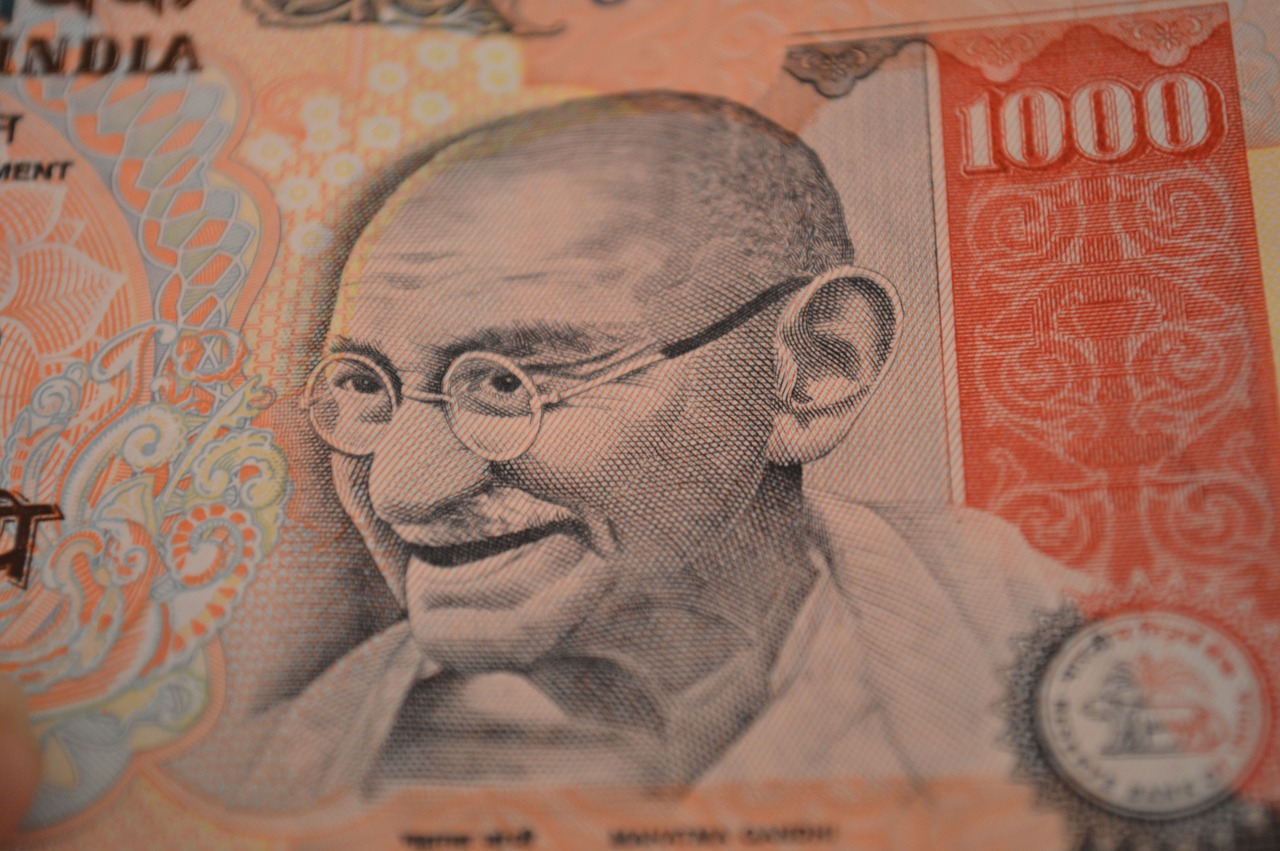Kerala Primary Co-operative Societies Association, a state-level organisation of service co-operative banks in Kerala, condemned the CBI raid on six service co-operative banks in Kollam district.
Varkala MLA V Joy, who heads the association in the state, alleged the CBI raid was a planned move to demolish the state’s co-operative institutes which have been serving the common men for decades since their inception.
The CBI had arrested secretaries of Kadakkal service co-operative bank, Puthiyakavu service co-operative bank, Mayyanad service co-operative bank, Kulasekharapuram service co-operative bank, Panmana service co-operative bank and Chathannoor service co-operative bank in a surprise raid held last week alleging corruption in exchange of currency notes on the days following the Central Government’s demonetisation drive.
“Kerala society is no longer a poor one in terms of material wealth. Even an average family keeps at least two-three lakh of rupees in their reserve. What is wrong if people come with this money to exchange on the days that followed demonetisation. It would be sensible if the CBI had found crores of rupees of exchange between the banks and individuals. This is nothing short of a conspiracy against the state’s co-operative sector. We will question the raid and arrest of bank staff in the High Court,” he said. Joy further argued that if they found the individuals who kept some two-three lakh of money at home guilty, the CBI should have sent notices to them instead of trying to spoil the banks’ reputation.
Martin Patrick, chief economist at CPPR, a Kochi-based public policy research institute, said there was no evidence to prove the notes exchanged at the co-operative banks amounted to black money. “People in the state have great trust in their dealings with the state’s service sector banks. It is an institute which grew along with Kerala society and its people. We cannot say that the money exchanged at these banks were illegal. There may have been confusion as to how many rupees could be exchanged for a single person at a time. It cannot be counted as a severe malpractice from the part of banks,” he said.
Experts in co-operative societies’ laws also opined the same. P. N. Mohanan, a High Court lawyer who is a specialist in co-operative societies’ laws said the incidents took place because the banks would not have clearly understood the RBI norms and regulations regarding money exchange in the post-demonetisation period. “Intially, the primary banks and district co-operative banks were not allowed to exchange demonetised currency. Only urban co-operative banks were entrusted with the job. It could be a reason for the banks’ confusion regarding the rules,” he said.
P C George hails raid
Former chief whip P. C. George MLA welcomed the CBI move to raid the co-operative banks. “A malpractice like this from the part of reputed institutes like co-operative banks cannot be accepted. People have great trust in co-operative banks and they should not have engaged in such a corrupt practice,” he said.






